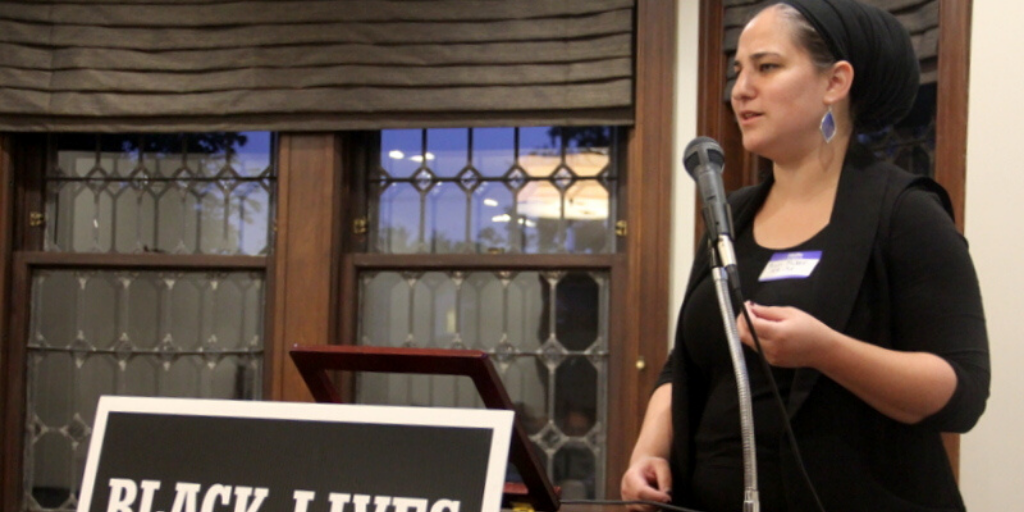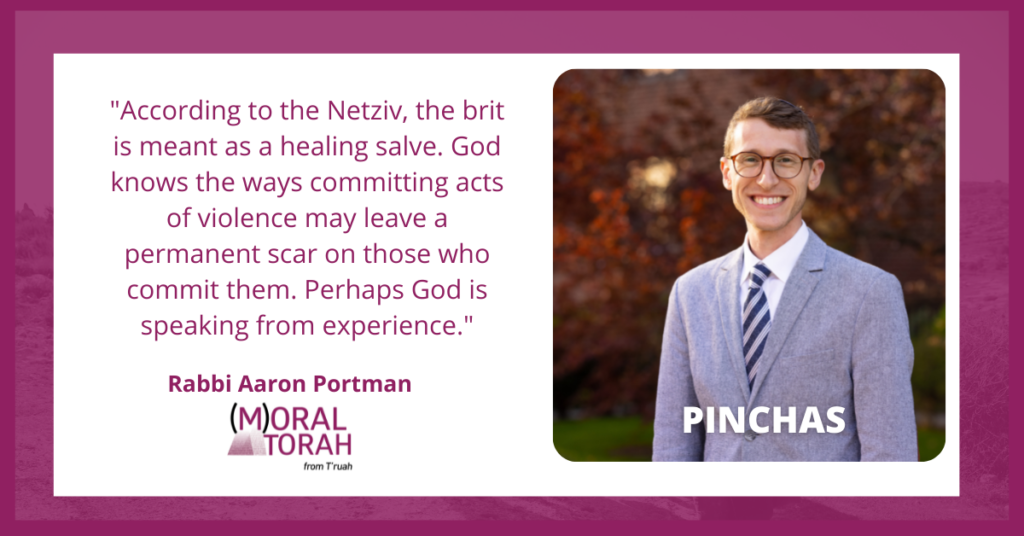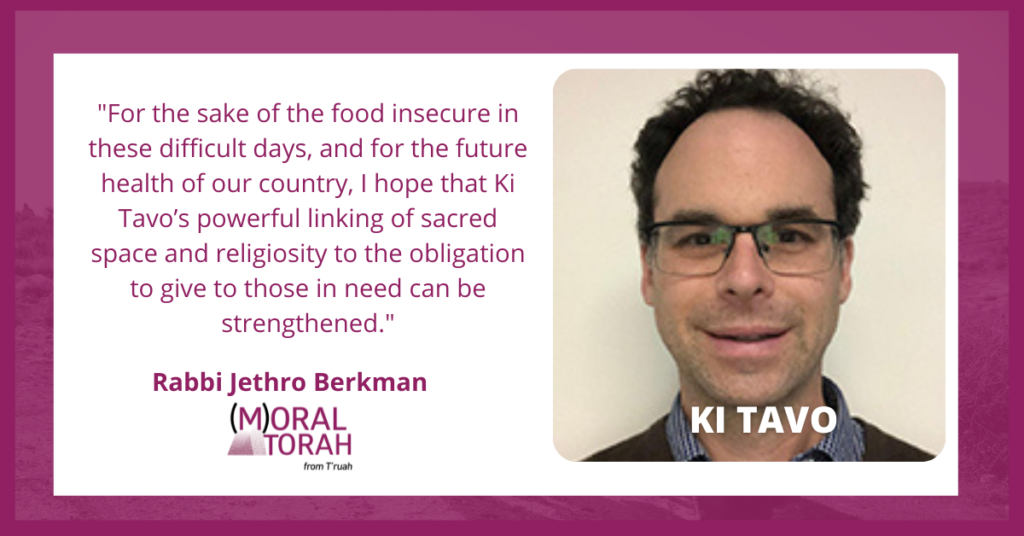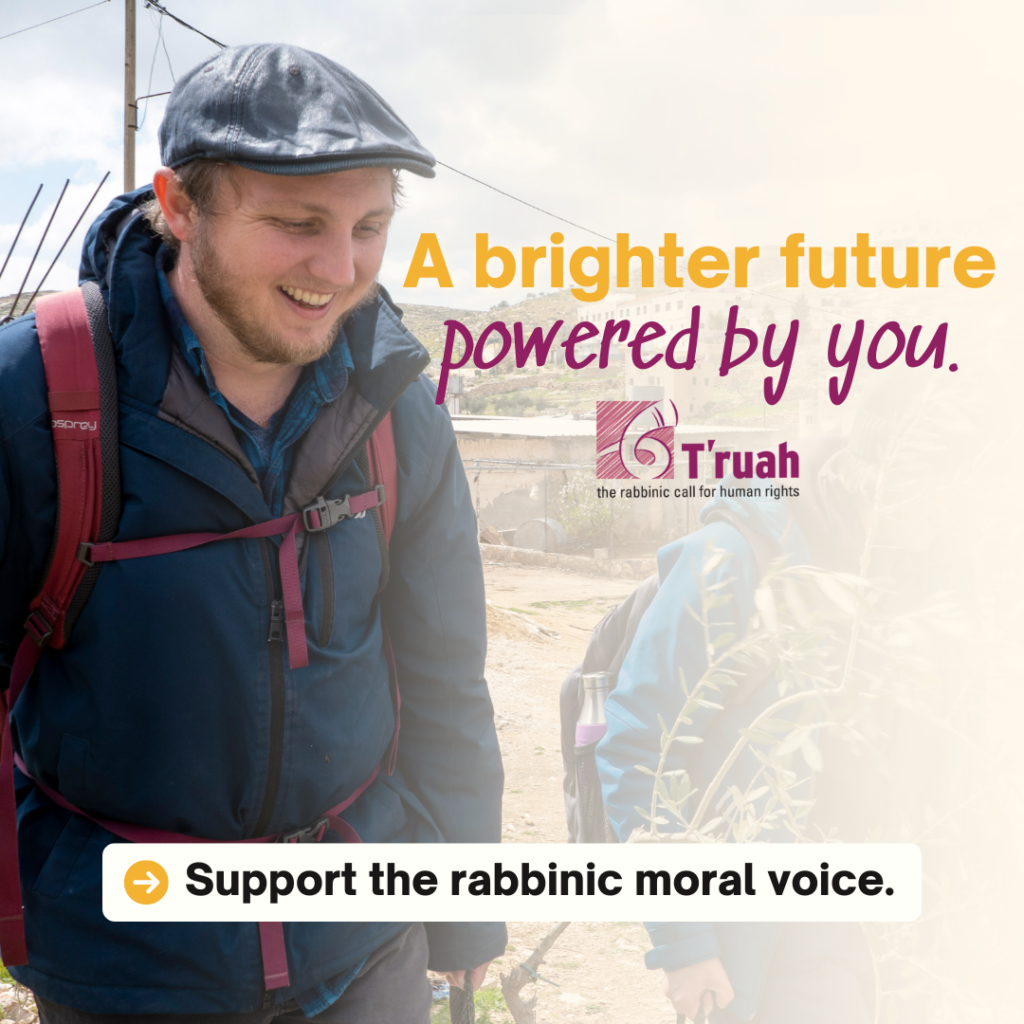
The Triple Lives of Refugees (Parshat Shemot)
Commentary on Parshat Shemot (Exodus 1:1 – 6:1) The opening lines of the book of Exodus serve as a bridge between a family history and the birth of a nation. Somehow, in an infinitesimal span, the progeny of one man becomes an entire people: the Israelites. And a very prolific one at that. The new...
read more







